Media Release
Mangaluru, Sep 24: The All-India Catholic Union (AICU) has expressed its deep concern over the increasing number of attacks on Christians in several states in the country where worship services are being criminalised under the controversial anti-conversion laws.
At its general body meeting in Mangaluru, the 106-year-old AICU noted that the anti-conversion laws in some 12 states have been challenged in the Supreme Court as anti-constitutional and a slur on the country’s ethos of freedom of faith and expression.
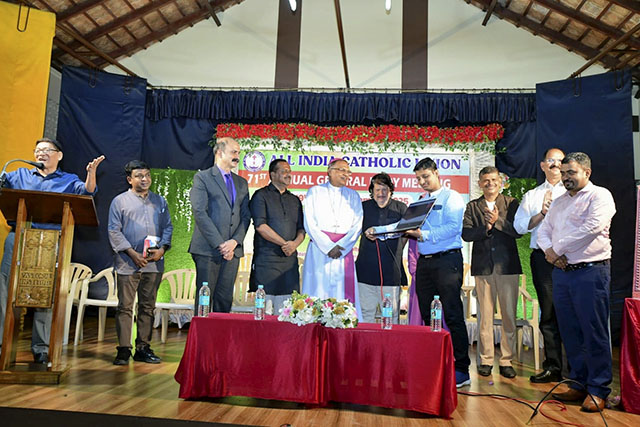
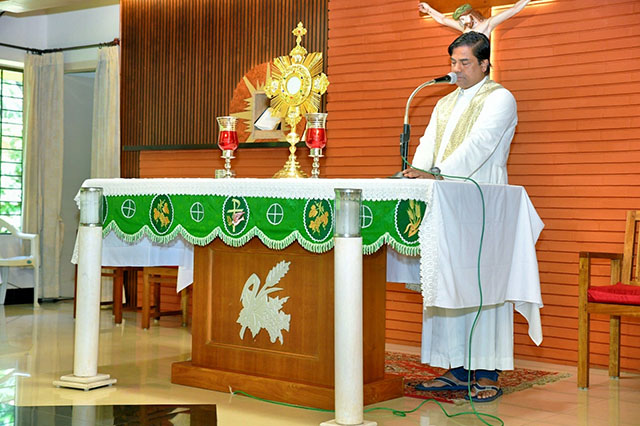
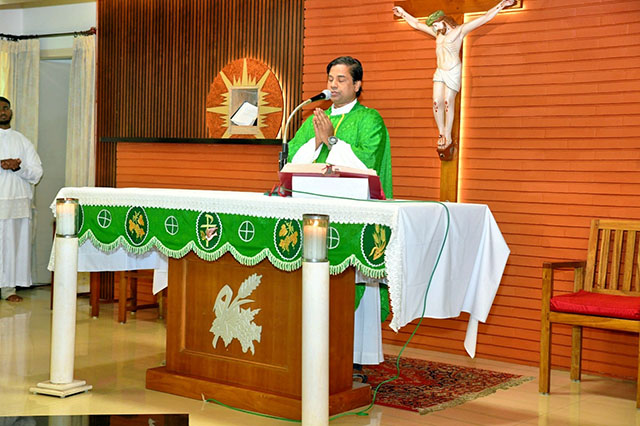
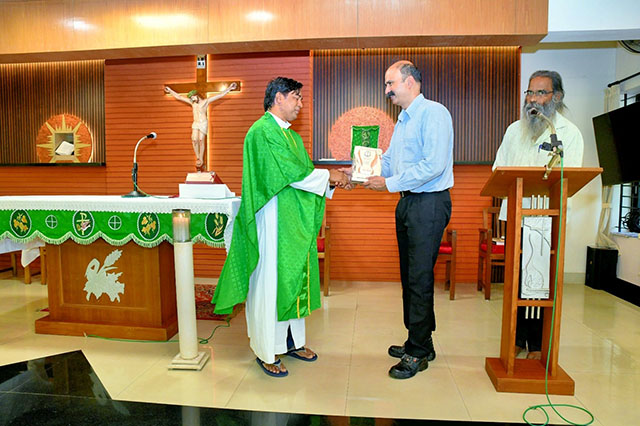
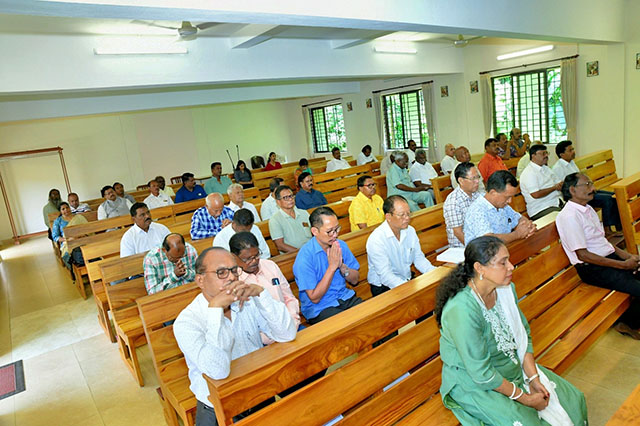
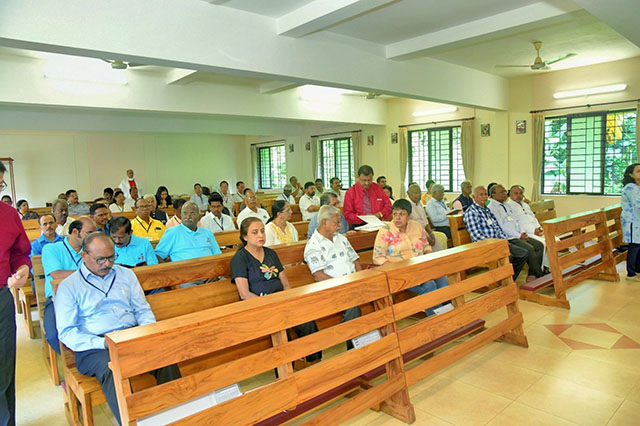
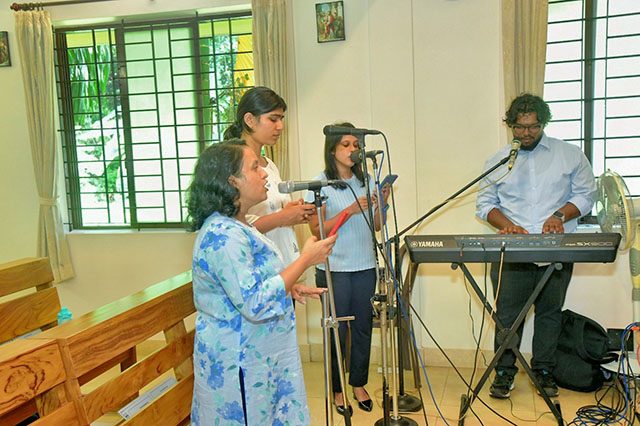
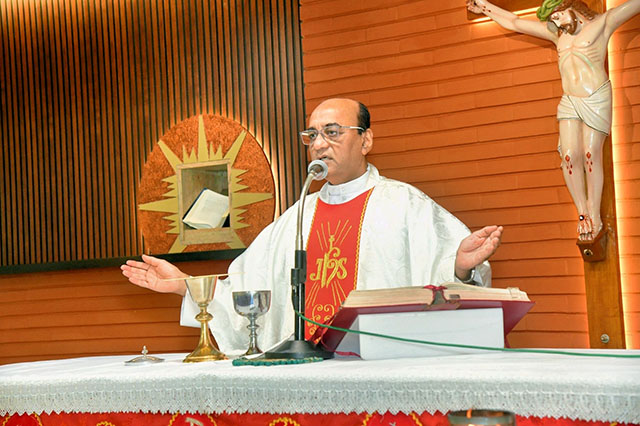
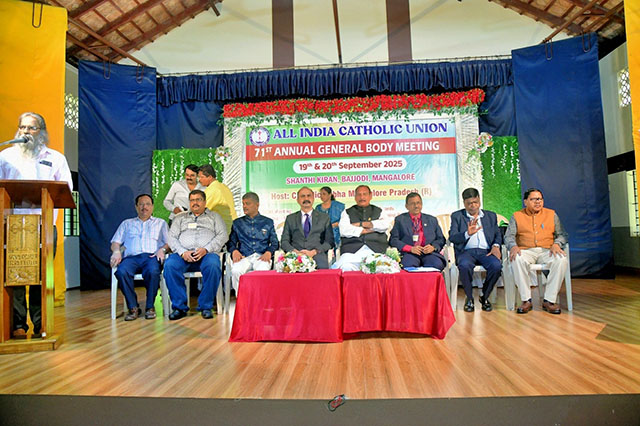
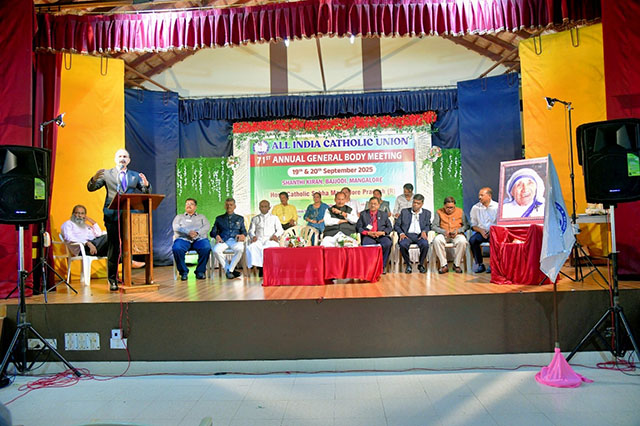
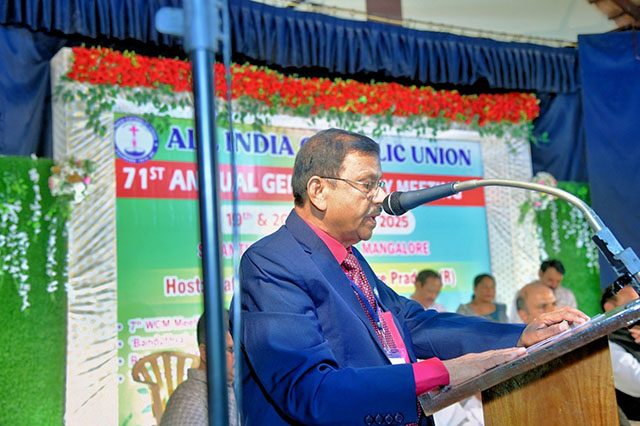
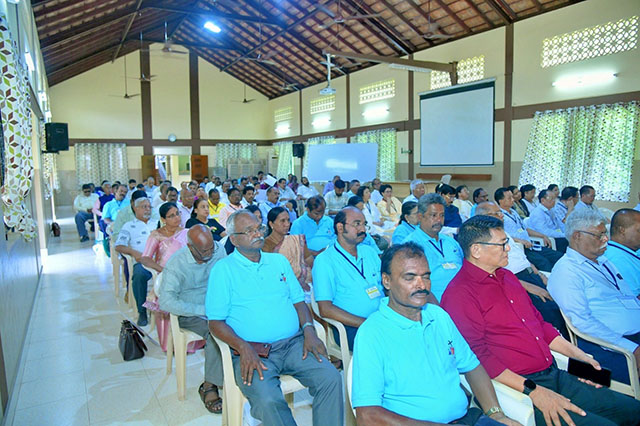
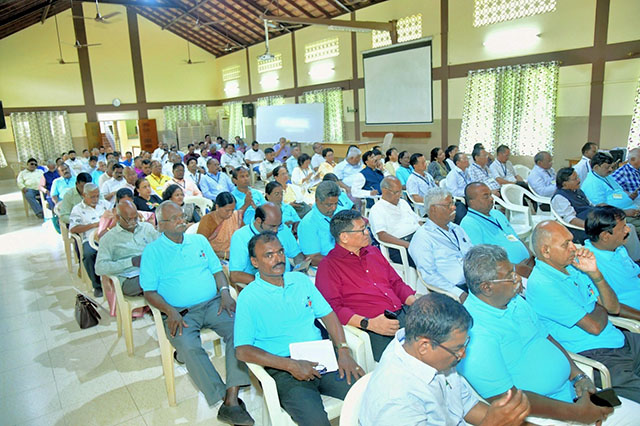
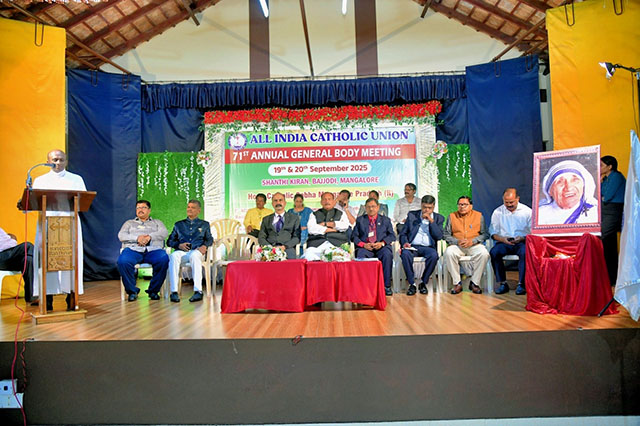
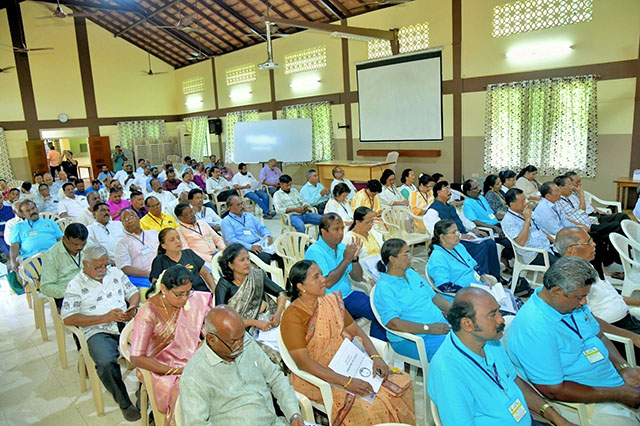
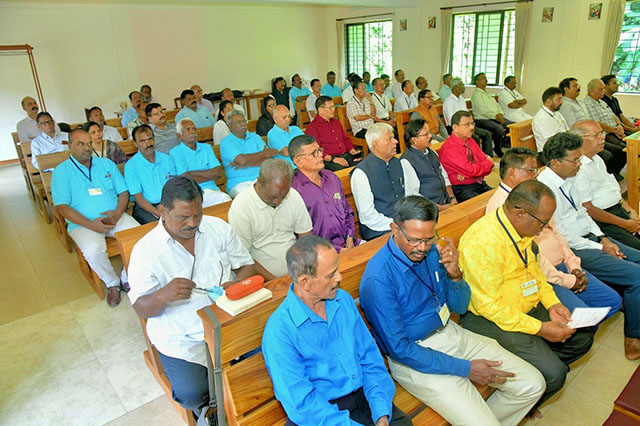
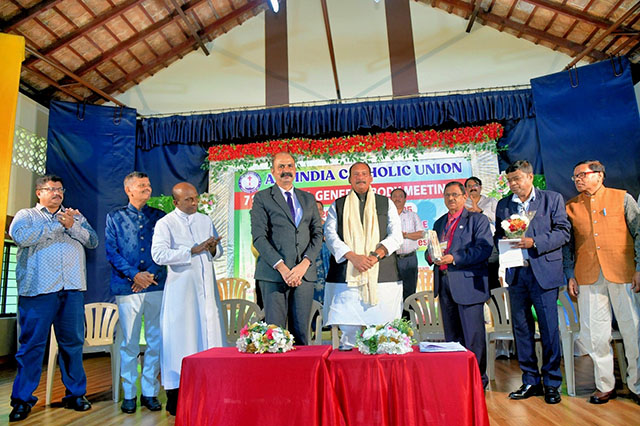
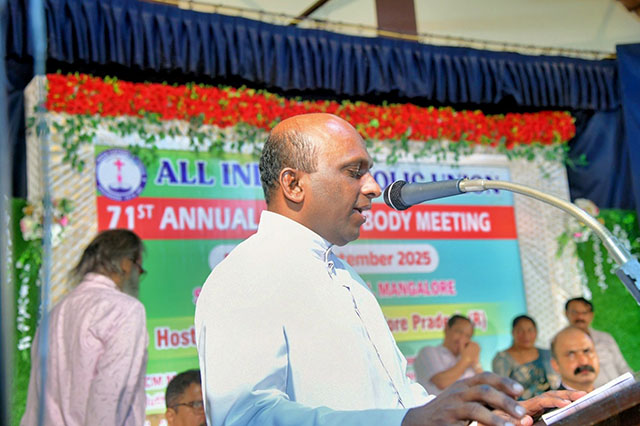
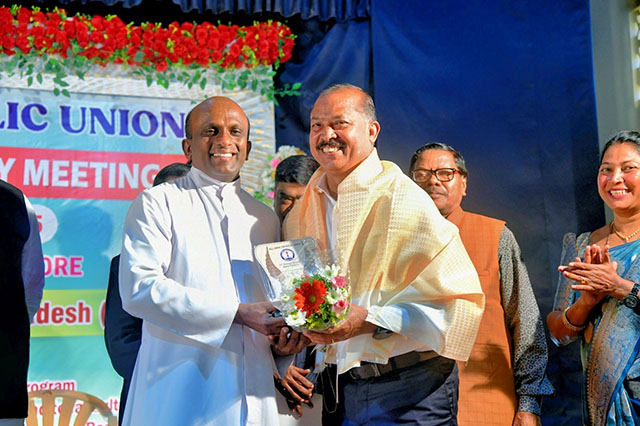
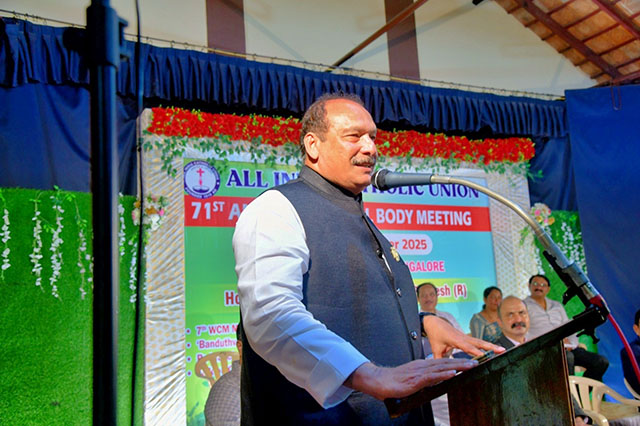
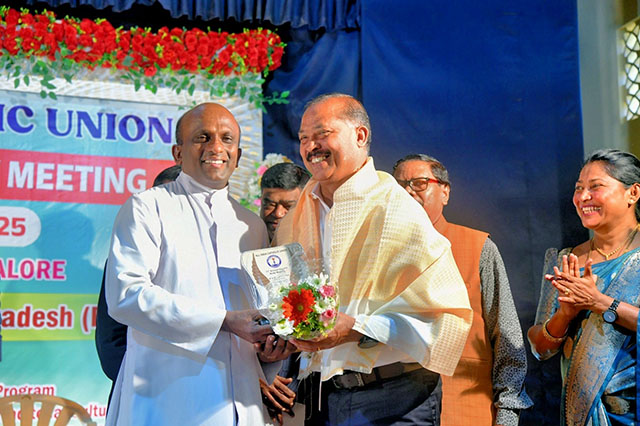
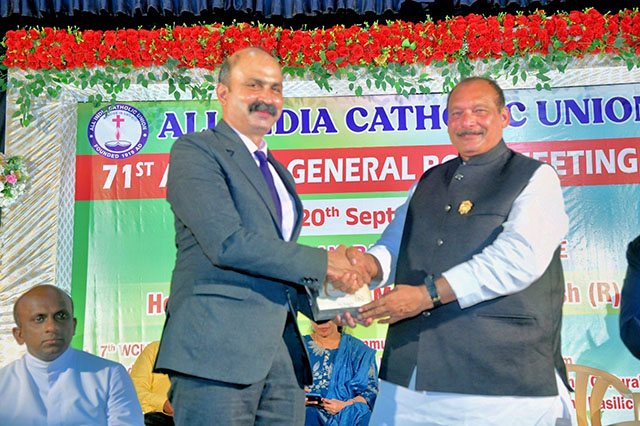
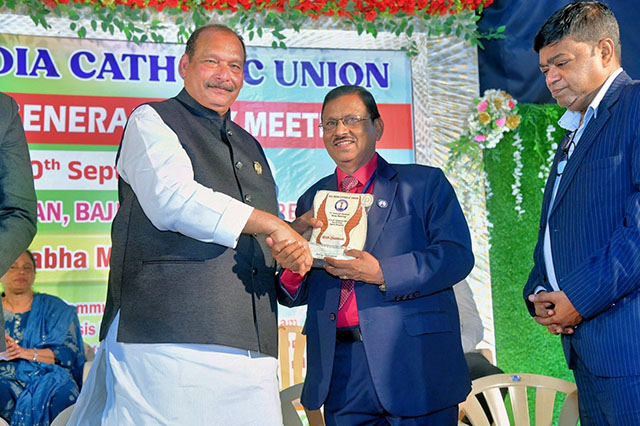
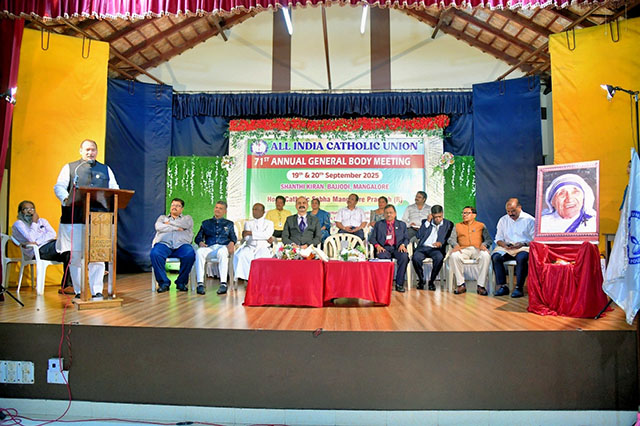
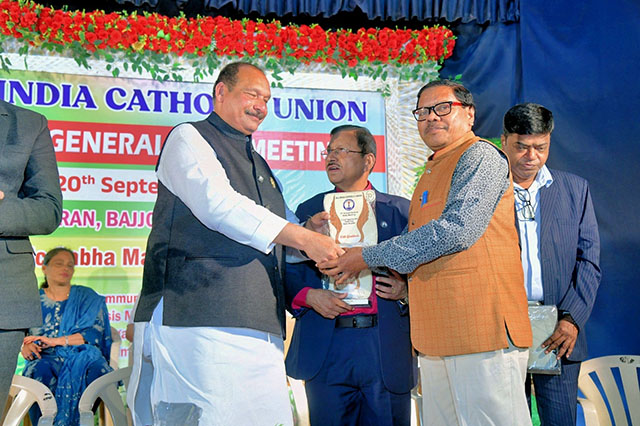
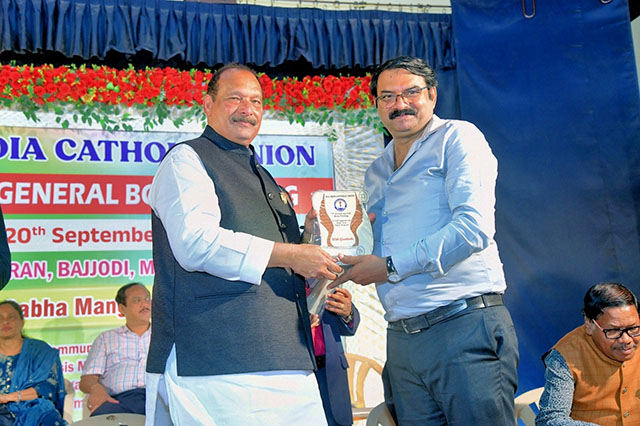
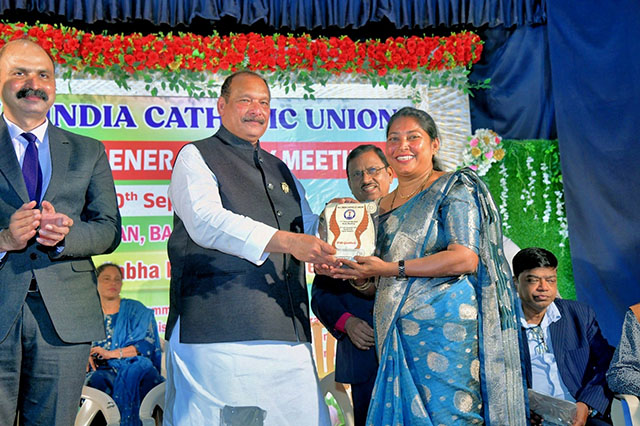
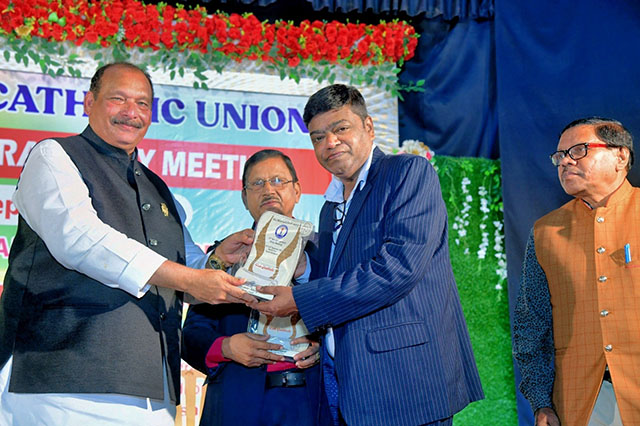
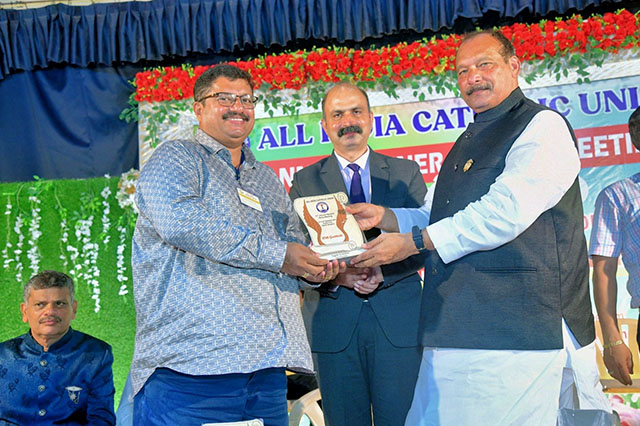
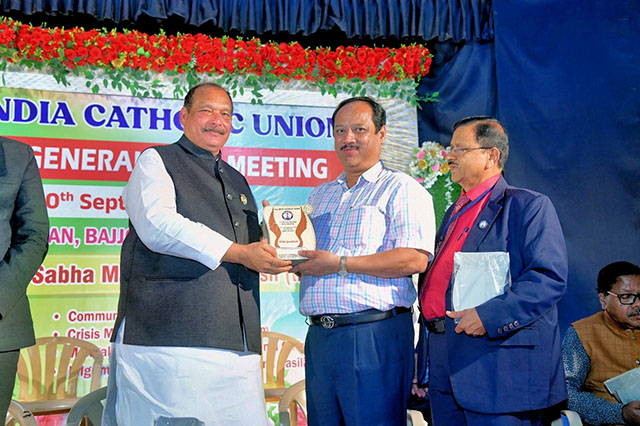
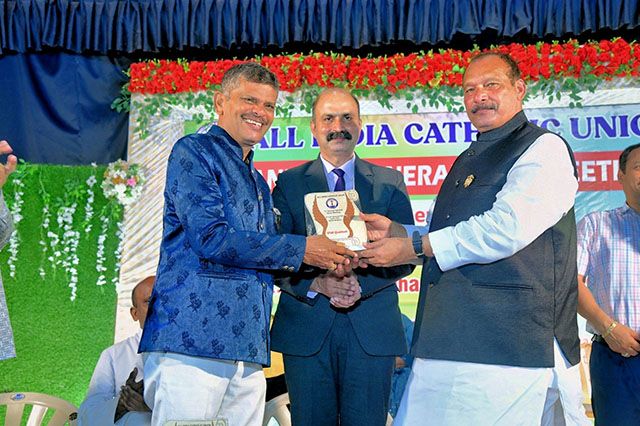
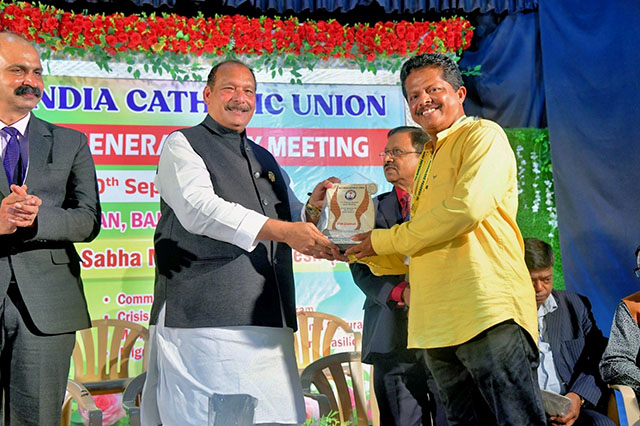
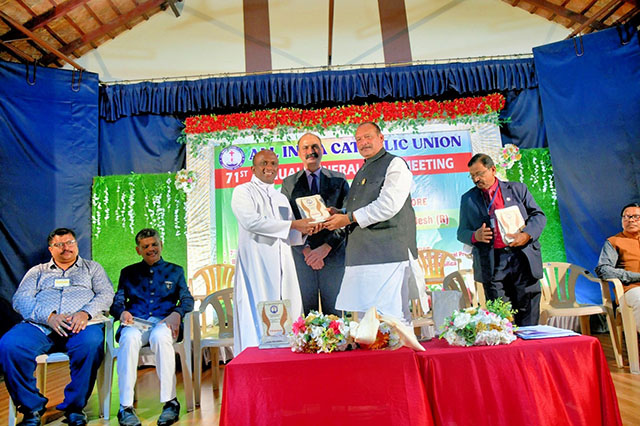
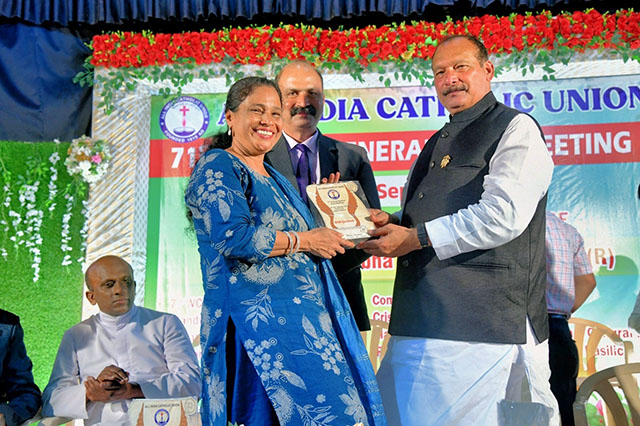
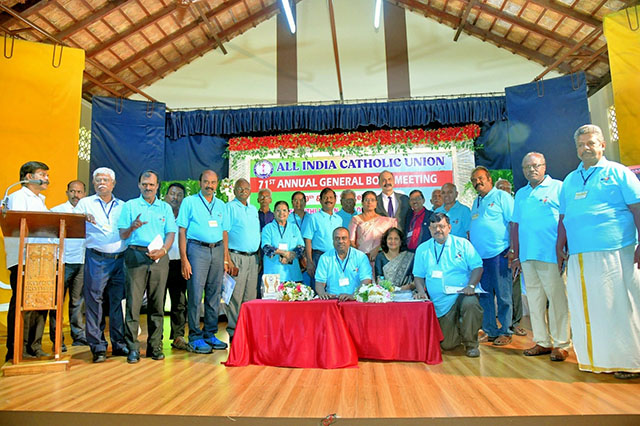
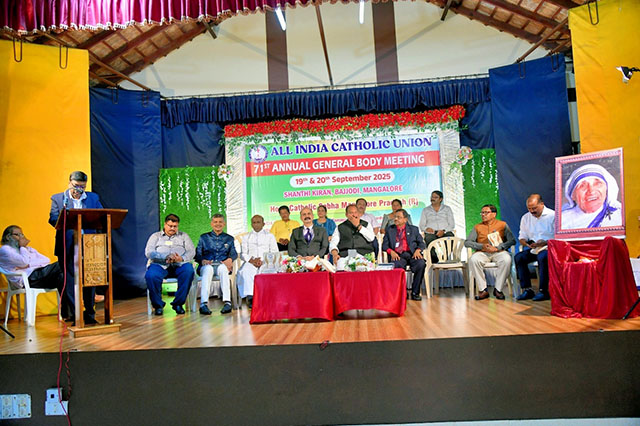
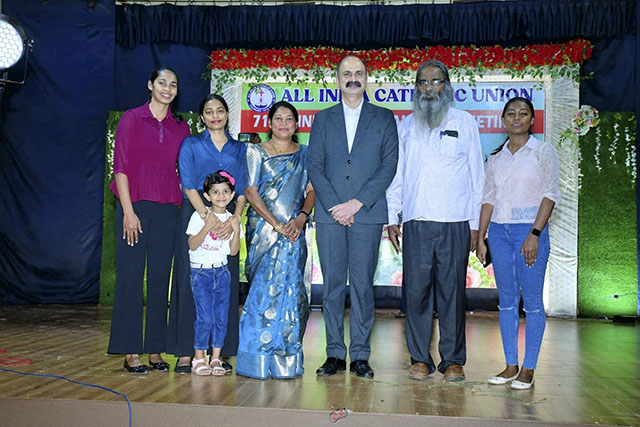
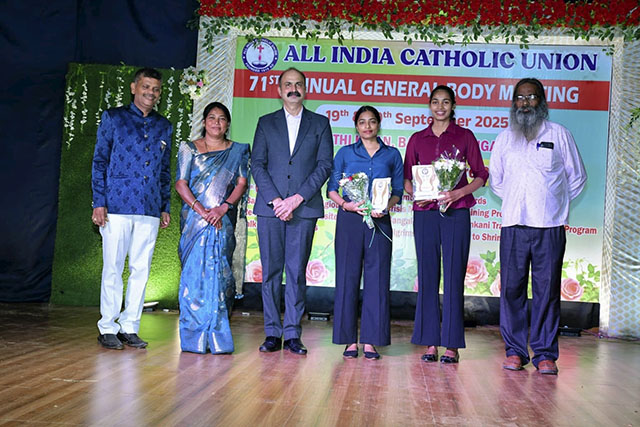
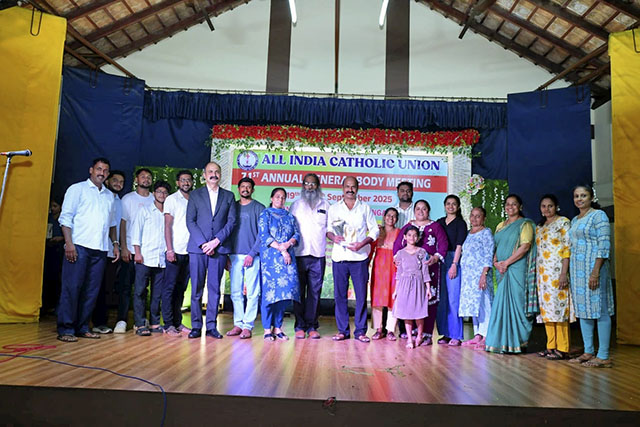
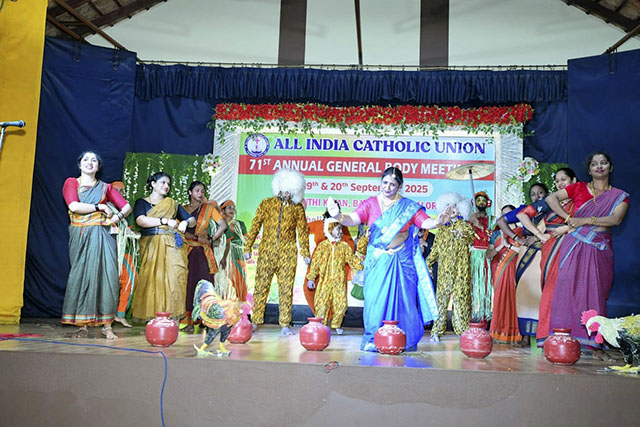
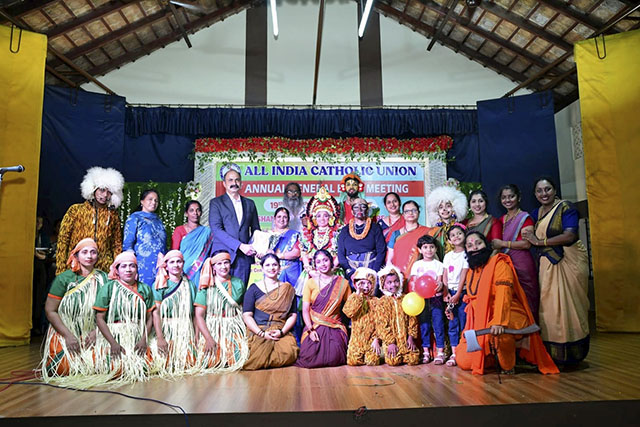
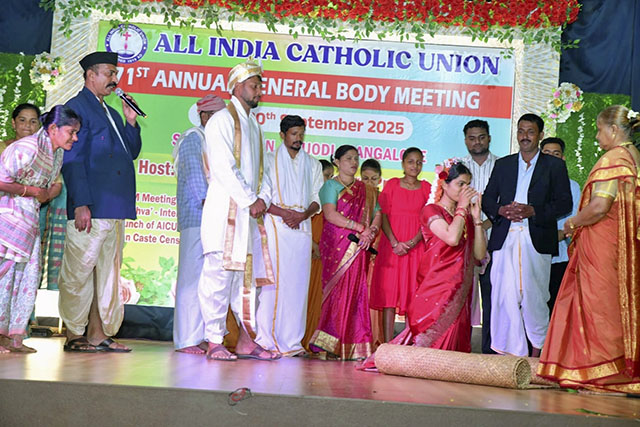
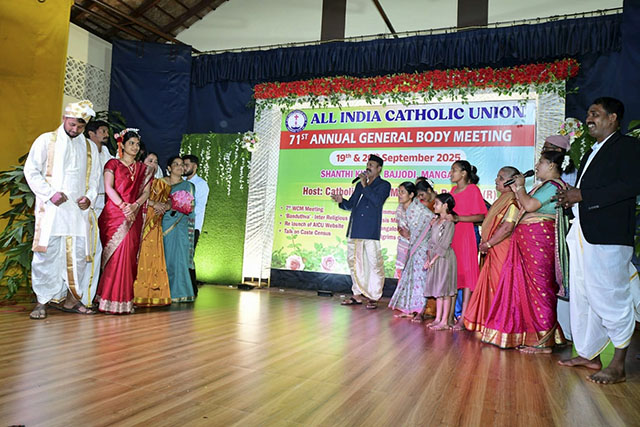
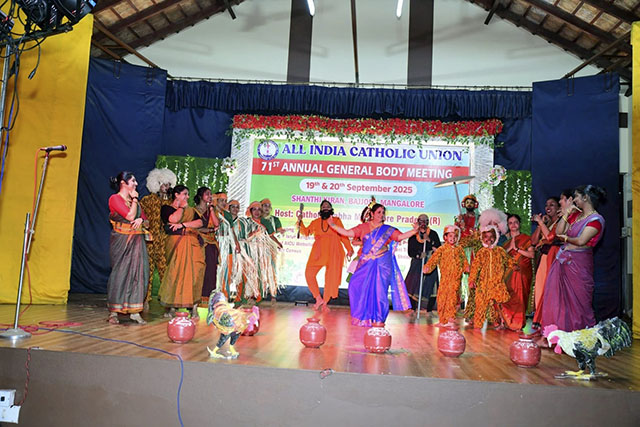
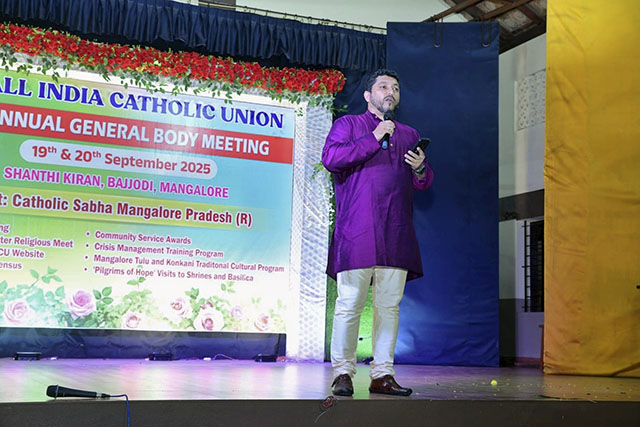
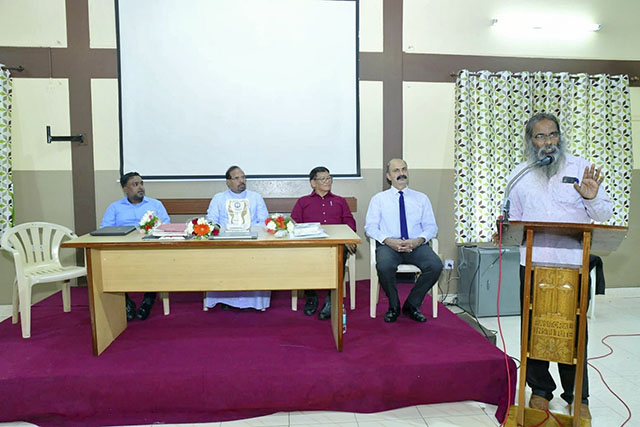
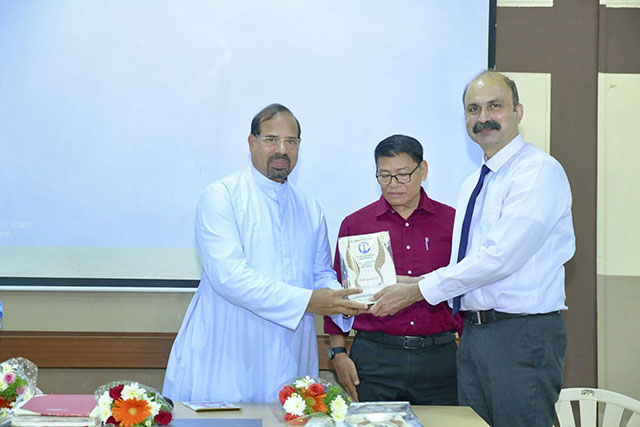
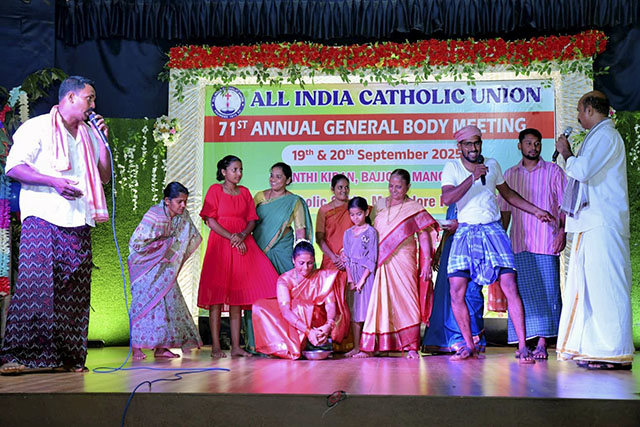
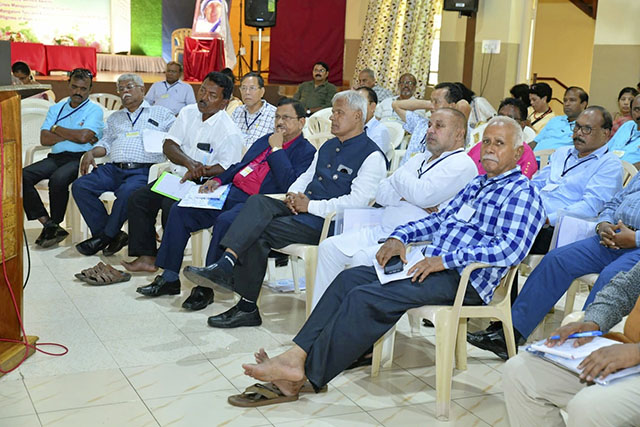
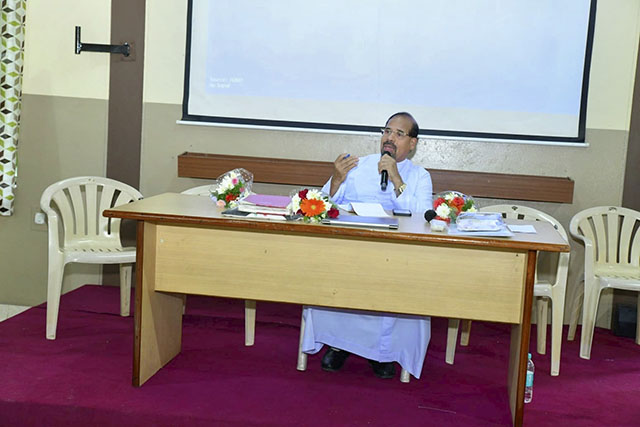
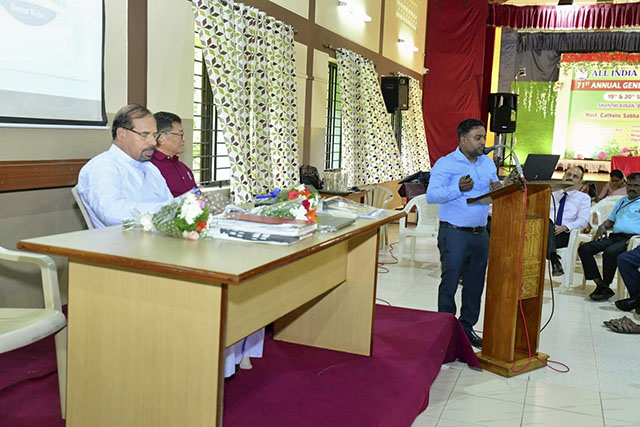
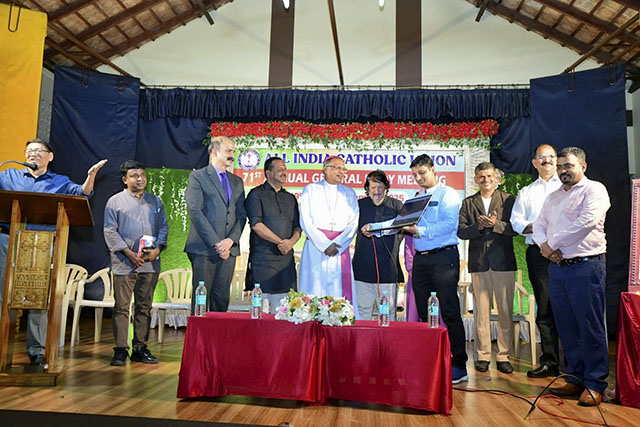
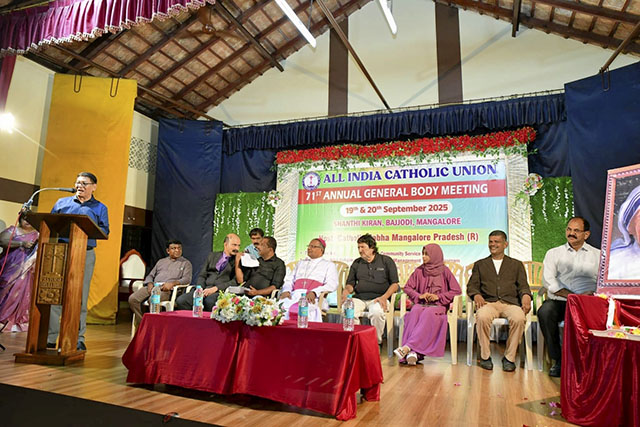
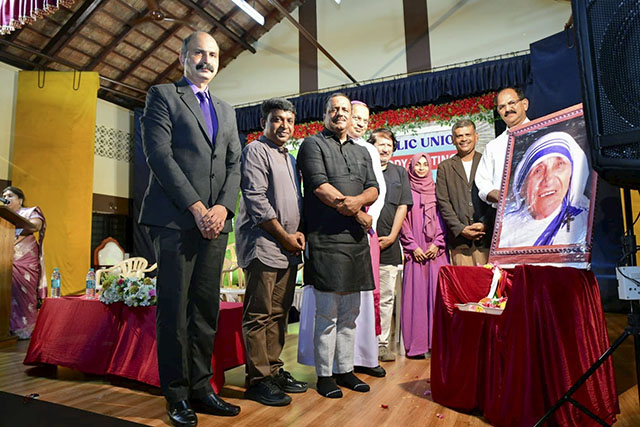
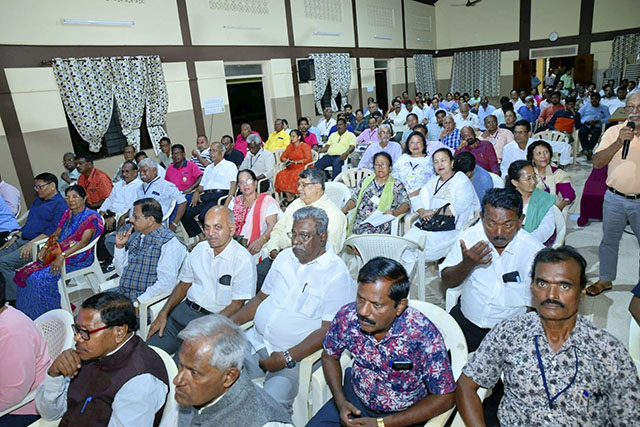
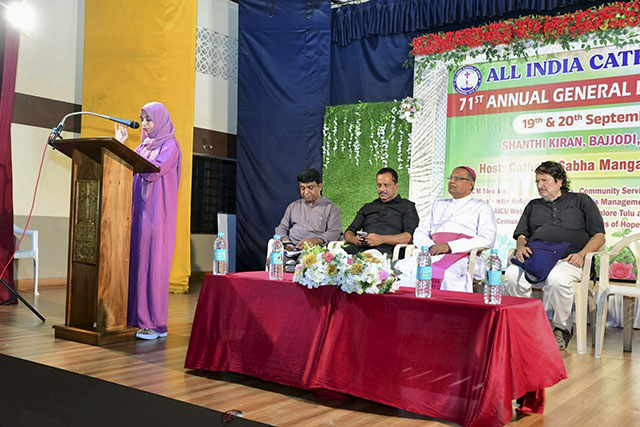
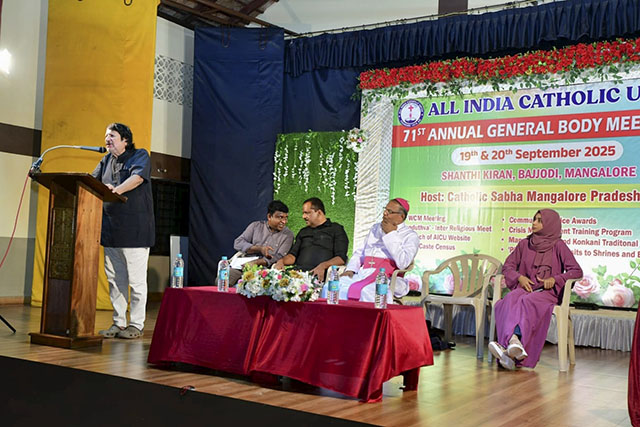
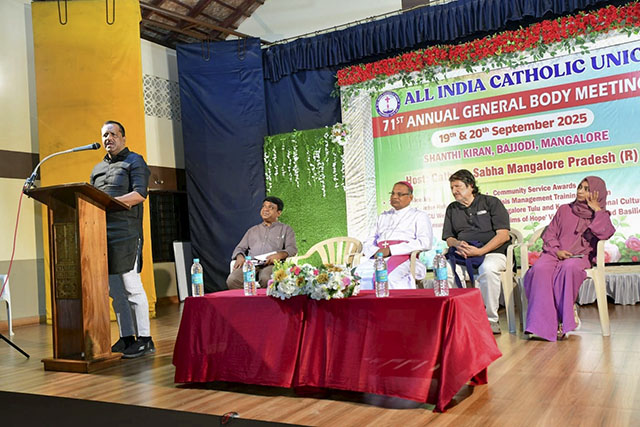
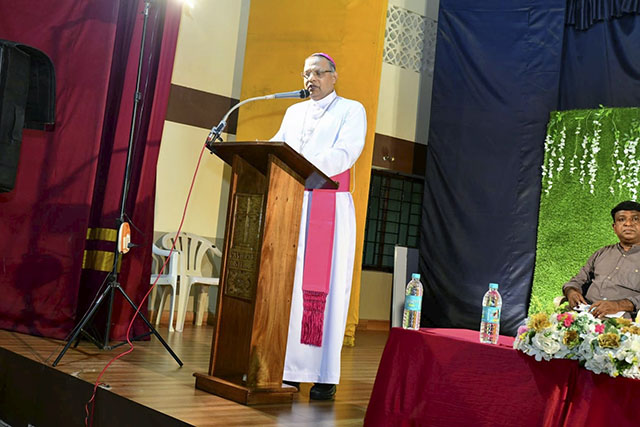
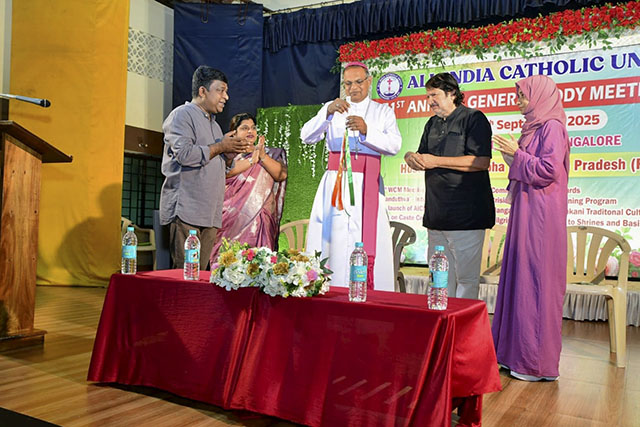
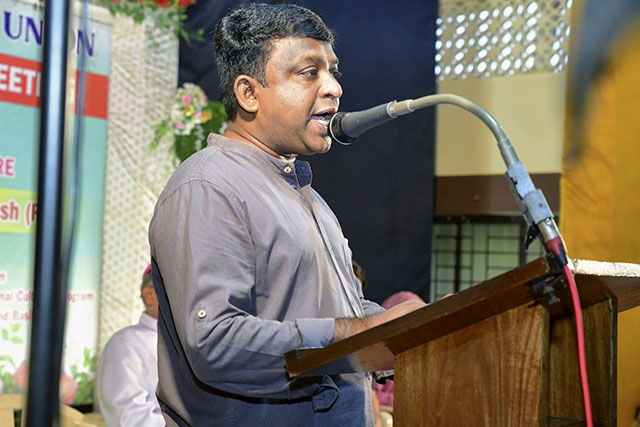
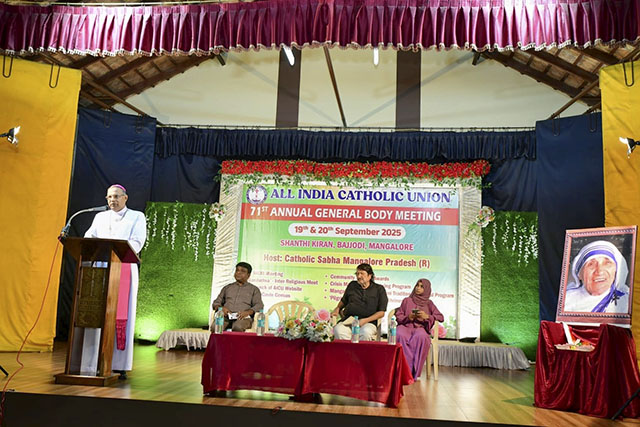
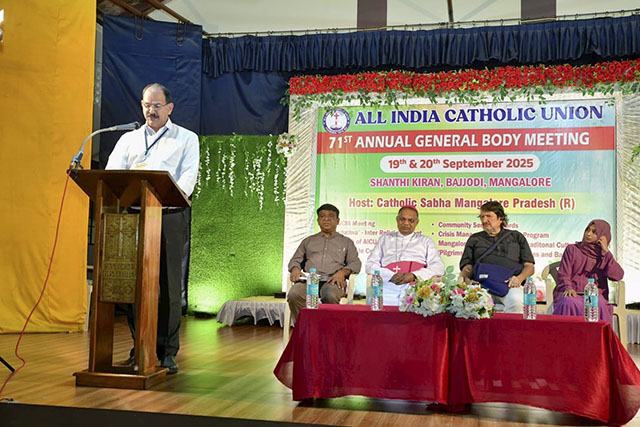
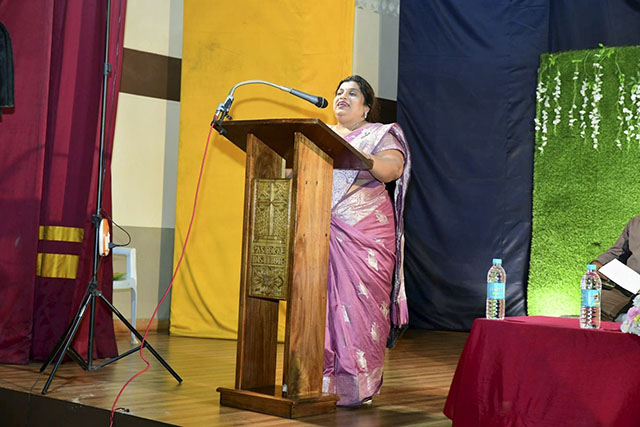
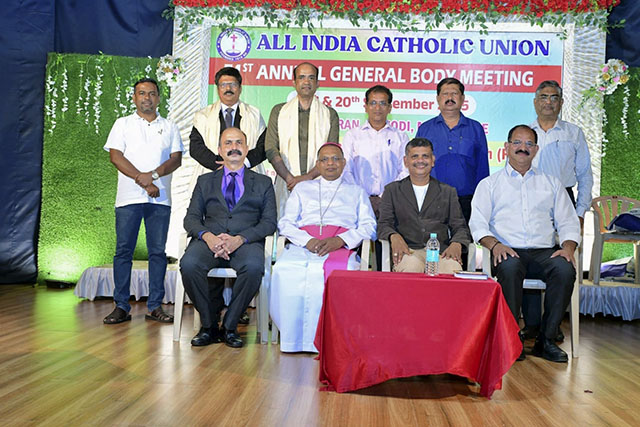
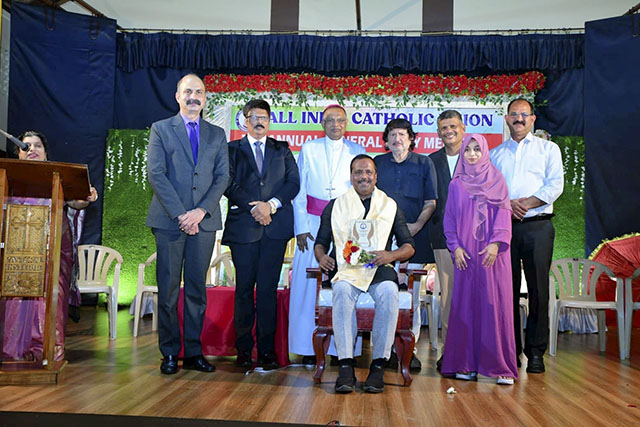
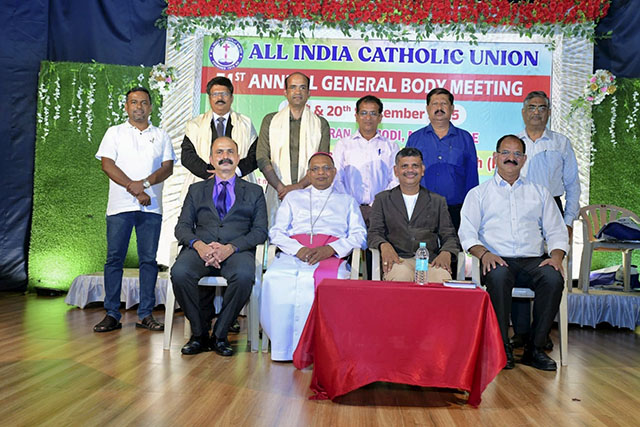
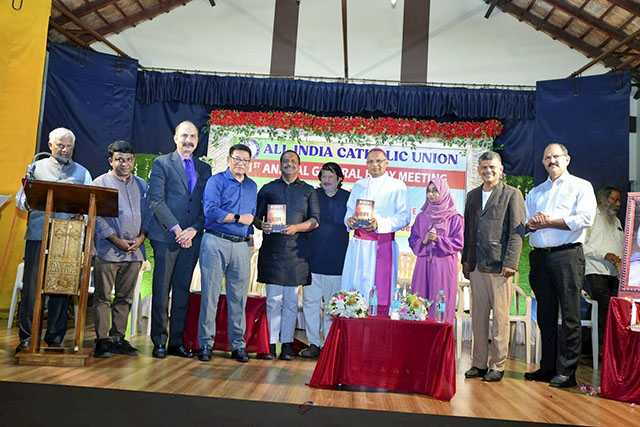
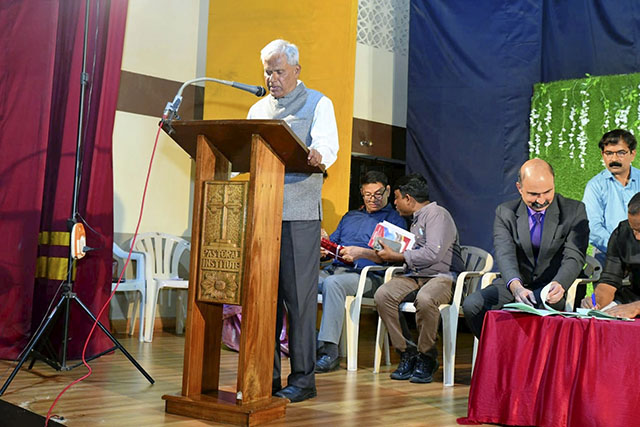
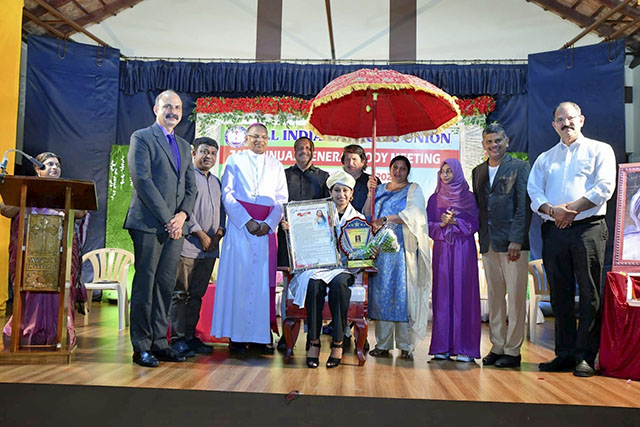
In important resolutions passed by the general body, the AICU took stock of developments in the country which eventually impacted religious minorities, Dalits, OBCs and Adivasis.
These groups would be able to get equitable participation in national resources, opportunities and governance only if there were transparent elections in the country, and an honest enumeration of OBC and Dalits communities across religious and geographics divides while conducting the caste census.
The Catholic Union said the increasing trust deficit between the Election Commission of India and the public was a worrying sign. It called upon the President of India, the higher judiciary and the union government to restore faith in institutions such as the Election Commission.
This 106-year-old AICU, headed by Er Elias Vaz, as the national president, is the largest movement of Catholic laity in Asia. The annual general meeting, inaugurated by Ivan D’Souza, MLC, was also marked by ‘Bandhutva’, an inter-religious meet inaugurated by Karnataka Legislative Assembly Speaker U T Khadar. The key note address was delivered by Dr Peter Paul Saldanha, the bishop of Mangalore. Other speakers were Prof Rajaram Tholpady formerly Mangalore University and the noted Kannada writer Fatima Ralia.
A new AICU website was commissioned at the AGM where a book authored by John Shilshi IPS Rtd, on Manipur’s experience with AFSPA was also released.
In its review of the national situation on religious minorities, AICU noted that just between January and August 2025, there were 508 incidents of attacks on Christians, with Uttar Pradesh state registering the highest number with 123, closely followed by Chhattisgarh with 117 incidents.
Acts of violence and other forms of persecution, fomented by Hindutva extremist groups, included families being denied to bury their dead in their native villages, ostracization, coercion. AICU regretted that of the 508 incidents reported across the country, police registered First Information Reports in just 36 cases, a clear sign of system apathy and complicity.
The AICU, which had first taken up cudgels against the presidential order of 1950 soon after it was passed, demanded that protection of the law and state benefit should be given without religious bias. AICU also cautioned against any attempt to disenfranchise Christian Adivasis and tribals by robbing them of the Scheduled tribe status.
The union wondered why an attempt is being made to revive a dormant legislation, the Arunachal Pradesh Freedom of Religion Act 1978, after 48 years. The move was aimed towards curtailing the activities of the Christian community, whose contributions towards making Arunachal Pradesh progress and prosper was unparalleled.
Rejecting hate campaigns against religious minorities, the AGM kick-started with ‘Bandhutva’, an inter-religious dialogue on compassion wherein the spirits of Mother Teresa and Mahatma Gandhi were highlighted by scholars representing different religious groups. A training programme on ‘Crisis Management’ was also one of the highlights of the AGM, which saw the participation of 145 members from different parts of India.